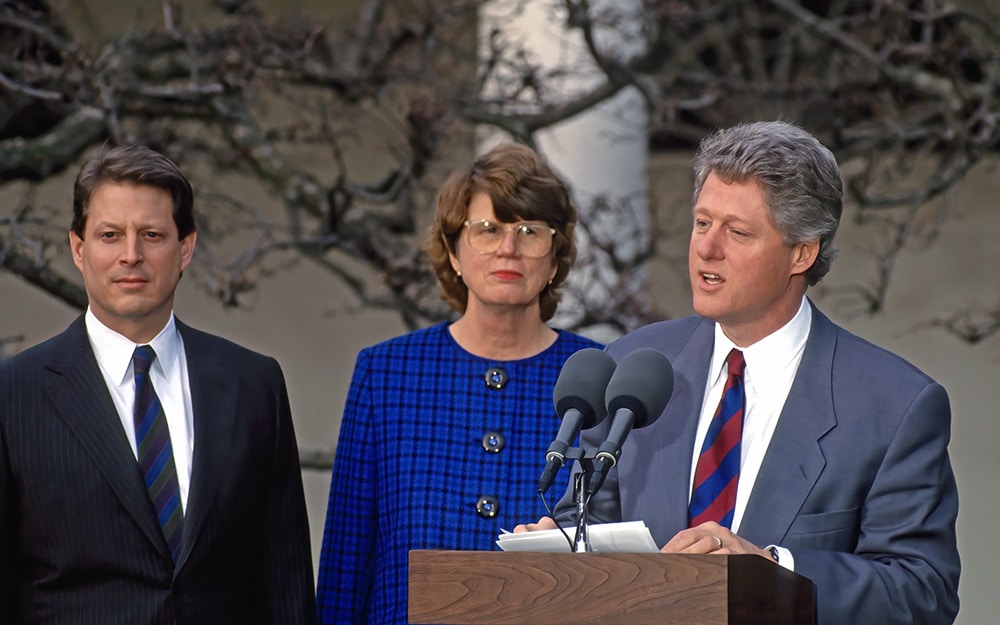Home » November 2023 » Three Keys to Better Communication
Leadership Moment
Three Keys to Better Communication
stock.adobe.com / Rawpixel.com
As a leader, your job is to be continuously seeking the truth and finding creative and efficient ways to deal with that reality. Many times, the truth is buried deep within your organization and the challenge is to create an environment where downline leaders and front-line people share news with one another, both the good, and most importantly, the bad.
Our organization has worked very hard to create the right conditions for information to flow up and down the line, regardless of the content, with three techniques:
- We remind ourselves to assume noble intent with any piece of information being delivered.
- We strive to be curious for one more minute.
- We find ways to be present.
The combination of these three techniques sets the conditions for the right information to reach the right person so that effective decisions can be made in a timely manner. Let’s examine each of these in a bit more depth.
Many times, when we communicate, the receiver is focused more on listening to respond, or for intent, instead of listening for content. Assuming noble intent gives one a license to listen first for what the person is saying. Of course, “how” one says it is, many times, is more important than the “what,” and paying attention to body language and emotion are critical components to understanding the context. Ascribing noble intent makes it easier to keep politics out of the conversation. However, this does not happen without effort.
Leaders must declare and then execute their own communications with noble intent and expect the same from their people. Our organization felt it was so crucial that we made it one of our core values. By raising it to this level, it becomes a guiding principle and an expectation that all employees operate in this manner. Assuming noble intent is remarkably hard to do, which is exactly why it must be elevated to an expectation across the organization.
With noble intent established, leaders need to keep in mind that the true meaning of the communication they are receiving is probably not revealed in the opening volley but is instead buried more deeply. This is the time to deploy the concept of being curious a minute longer. The benefits are twofold. By being curious, one assumes a posture of trying to understand the full picture rather than interrogate. The second and more important aspect of developing a healthy curiosity is to prevent one from jumping to conclusions and shutting down the flow of information.
The final piece is the power of being present. Presence takes several forms. It’s well established that open communication takes place better between individuals who know each other. Leaders should endeavor to spend time around their teams to build stronger relationships when critical conversations are not necessarily happening. That requires that leaders intentionally have a presence in all the various working environments where their people perform their jobs. Get out from behind that desk and make your presence known on a regular basis. That presence fosters familiarity and bonds that can be relied upon when critical communication must be delivered.
The final component of being present is to listen to the individual without distraction and focus on their words and their posture. Being present in that way conveys respect and importance, which, in turn, clears the way for the truth to be conveyed and heard.
In summary, crucial conversations empower leaders to learn the truth and act on the best available information. Uncovering the best information requires a leader to create an environment of openness and exchange. That is best achieved when noble intent is assumed, by being curious another minute (rather than jumping to conclusions) and by being present with one’s team. Sometimes the truth is difficult to deliver and hard to receive. However, as information flows more freely, better decisions are made, and organizations more easily decide and execute for success. ◆
Brian Wolff, is President & CEO of Parker Technology and a member of the IPMI Technology Committee.
-
Brian Wolffhttps://parking-mobility-magazine.org/author/brian-wolff/February 3, 2022
-
Brian Wolffhttps://parking-mobility-magazine.org/author/brian-wolff/May 3, 2023


The Keys to Innovation
Innovation in parking and transportation
doesn’t always involve groundbreaking










